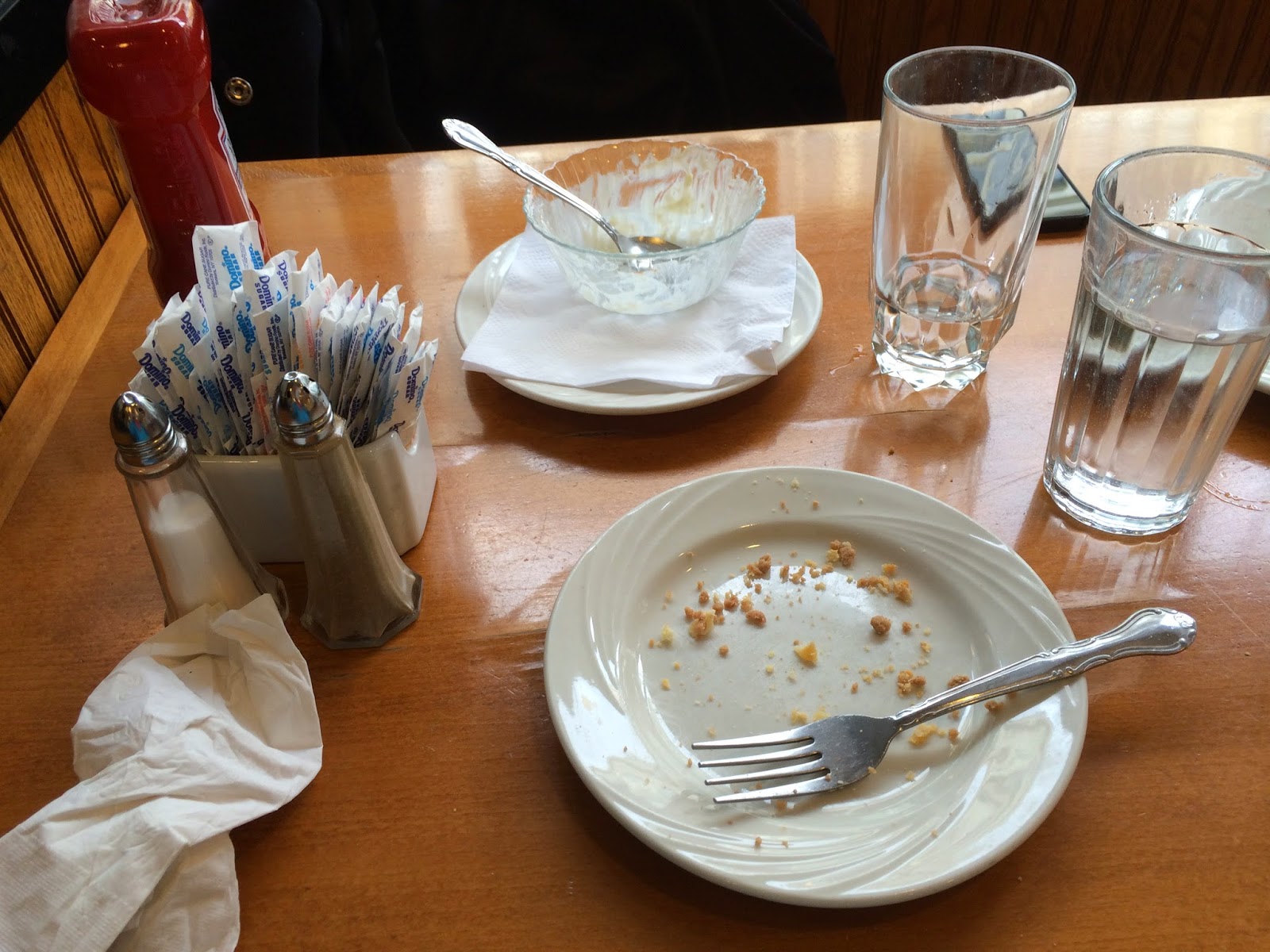In the wake of my father's death, my brother and sister-in-law have taken responsibility for writing paper checks for my mother’s bills. I’ve been tasked with monitoring my mother’s bank account and paying the two "V" bills online: the Visa card and the Vista condo monthly dues. But here's the thing: even with this minimal involvement in my parents' financial life, I am learning and being reminded of interesting details about my father:
In addition to being hospitalized four times in the last month of his life, which I knew about, my father required three visits from the fire department to get him back on his feet after he’d fallen. My father was a big man: 6 ft. 4 in. He was slender at the end, but too difficult for the tiny home aide to maneuver. The touching thing is that he never told me about these falls and apparently forbid anyone else to do so, even though I called every day or two and visited frequently, so there was ample opportunity. He didn’t want to worry me. I feel guilt now, a form of retroactive worry I suppose.
My brother was finally able to cancel my parents’ paid AOL account yesterday. I had often suggested it, but my father insisted that it provided “security” and refused to let it go, even though it cost him $29.99 a month in return for absolutely nothing. My mother’s verbal skills declined after her stroke, and my father was deeply paranoid about electronic media. He was convinced the CIA was collecting information about him for his anti-war work in the ‘70s and his trips to Egypt in the ‘80s and ‘90s. Could be true.
My parents put their money where their beliefs were. Every month there were donations to the Unitarian church, Amnesty USA, the Museum of Fine Arts, the Mendocino Music Festival, the ACLU, Compassion & Choice, Doctors Without Borders, Viet Veterans of California, and the Multiple Sclerosis society. The last was in honor of his dear friend Wally, who died of pulmonary fibrosis, a diagnosis that somehow got transmuted into m.s. in my father’s mind; when I pointed out the real diagnosis to him, he insisted they were the same thing, and anyway, Wally would have liked having money donated to m.s. too.
The National Pen Company made hundreds, perhaps thousands, of dollars from my father, who ordered hundreds, perhaps thousands, of pens and flashlights imprinted with “Valley of the Kings Research,” an organization that has not existed for several years. My father gave out these trinkets by the dozen to friends and visitors. There are hundreds of them still secreted away throughout the apartment. We put out a basket of them at his memorial service, but takers—and there were many—barely made a dent in the supply.
If my father liked a book, he bought 10 or 20 copies to give away. I ordered them for him on Amazon, so I have a list of recent favorites: “Being Wrong,” by Kathryn Shultz; “I Am Malala,” by Malala Yousafzai; “Miramar,” by Naguib Mahfouz; “Shahhat,” by Richard Critchfield; and “To Forgive Design: Understanding Failure,” by Henry Petroski.
My parents’ living expenses were modest—except for their 24-hour-home-care bill of $400 a day, $600 on holidays. They had paid off their condominium and no longer traveled. Their biggest expense outside of their home aides was food: hefty portions of meat at every meal for my farm-boy father, bushels of nuts for snacking, as well as carbs aplenty in the form of pies, cakes, cookies, crackers, cupcakes, bagels and muffins. As for the home care, it was necessary for survival. My parents had eschewed any form of institution as too confining. In the end they were imprisoned in their beautiful hilltop condo, the steep incline preventing them from setting foot outside. The isolation and tedium drove them both a bit crazy.
So there in a check register is the story of a life, or a part of one.


